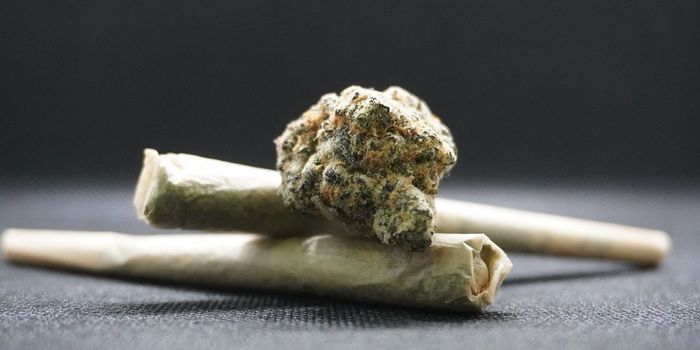Amoebae's Role in Polyketide Production: Implications for Biotechnological Production of THC
Researchers published a study confirming the discovery of a new process for producing active complex compounds in amoebae. In particular, studying the process of olivetolic acid production (a compound needed to activate tetrahydrocannabinol), has significant implications for drug discovery and development targeting chronic pain and neurological problems. The research team is filing a patent for this process and have identified the amoeba Dictyostelium discoideum as a suitable chassis organism for polyketide production.
To evaluate D. discoideum’s effectiveness in polyketide production, researchers had the amoebae produce the polyketide resveratrol. Then they incorporated THC precursor olivetolic acid into the amoeba’s genome and found that addition of chemical precursors was still necessary for synthesis.
Using biotechnology to produce polyketides offers an alternative to the complex process of isolating pure THC and the costly process of synthetic THC production. Polyketides have a broad range of pharmacological activities, and this is one reason why scientists seek more efficient processes of producing cannabinoids like THC. Novel polyketide cyclase for the synthesis of olivetolic acid Prenyl transferase (also called cannabigerolic acid synthase) produces cannabigerolic acid (CBGA) which transforms into CBDA, THCA, or CBCA depending on the cannabis strain.
To test how well D. discoideum is suited as a chassis organism for biotechnological production, the researchers first had the amoeba produce the food supplement resveratrol, also a polyketide. Afterward they incorporated the plant enzyme that produces the THC precursor olivetolic acid into the amoeba’s genome. However, the addition of chemical precursors was still necessary to enable the synthesis. Therefore, future research goals include closely investigating the enzymes responsible for the transitional effects that produce THC. Head researcher Falk Hillman explains that they will be “inserting the two enzymes that are still missing in order to be able to produce the final product THC in the amoebae." These next steps will reveal valuable insights into how the amoeba Dictyostelium discoideum can produce a cannabinoid precursor and other polyketides.
Sources:








